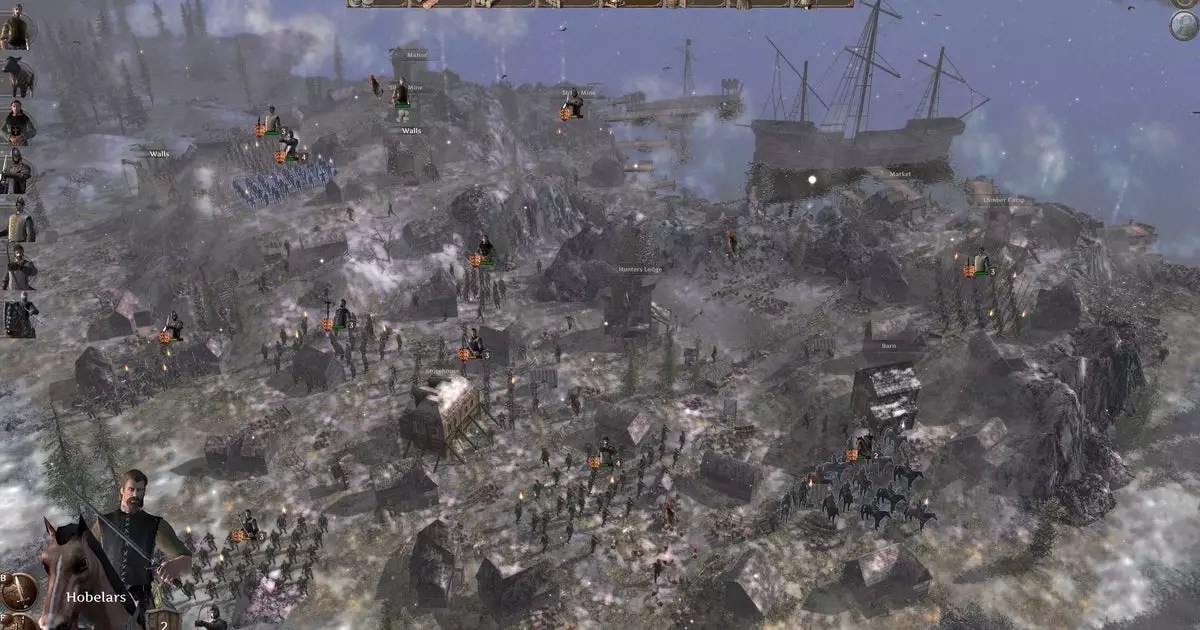The Crusades, an infamous series of religious wars during the Middle Ages, are often simplistically delineated as a dichotomy between good and evil involving Christians and Muslims in their quest for control over the Holy Land. It’s tempting to reduce these complex historical events to caricatures and memes, yet the reality is significantly more nuanced. The conquest of Jerusalem by the Rashidun Caliphate marked a pivotal point in this longstanding conflict, which saw various factions engage in bloody struggles that shaped the socio-political landscape of the Middle East and Europe. This multifaceted history deserves careful exploration beyond mere sensationalism and tropes, particularly as these discussions resurface in contemporary discourse.
Cultural Reflections and Modern Implications
In our current age, the appropriation of historical narratives by groups with extremist ideologies raises concerns about the distortion of the Crusades’ legacy. Hashtags like “deus vult” have turned a profoundly serious topic into fodder for online jest and superficial commentary, allowing individuals to engage with history without a thorough understanding of its gravity. Thus, understanding the Crusades is not merely an academic pursuit but a necessary endeavor in confronting the narratives that shape today’s socio-political conversations. Can we afford to overlook the lessons embedded in this tumultuous past? The collective memory surrounding the Crusades demands a valorization that goes beyond surface-level understanding.
Video Games as a Historical Lens
The intersection of gaming and history offers a unique vehicle for exploring the Crusades. The recent release of ‘Knights Of The Crusades’ invites players to engage with the intricate historical landscape of the era, challenging them not only to strategize but to reflect. While the game positions itself as a grand strategy experience akin to ‘Age Of Empires’, it aims to provide a deeper historical context through its gameplay. As players navigate through the complexities of alliances, territorial disputes, and ethnic diversities, it poses an essential question: can a digital platform provide insight into a topic as convoluted as the Crusades?
Moreover, this newly discovered perspective leads us to ponder the ethical implications of gaming that immerses players in a time defined by zealotry and conquest. Does the game’s approach romanticize warfare, or does it prompt critical thinking? Paradoxically, the prospect of reliving historical conflicts can either be a means of education or a gamified trivialization of suffering. This delicate balance is crucial for developers and historians alike to consider.
Expanding the Discussion
A more qualitative understanding of the Crusades can also be drawn from works like ‘Crusader Kings’, a game reputed for its complex societal mechanisms and political intrigue. However, the steep learning curve, as many casual gamers would admit, can deter deeper engagement with its historical intricacies. This brings up an important critique regarding accessibility in historical gaming; if these intricate narratives remain locked behind complicated interfaces, are we unintentionally alienating those who may benefit most from these educational experiences?
As we immerse ourselves into historical gaming, gleaning lessons from multilayered narratives must become a priority. Each faction involved in the Crusades—whether Christian or Muslim—had its own motivations, intricacies, and repercussions that are often erased from popular narratives. This is where deeper exploration through gameplay can provide an avenue for broader discussions, moving beyond gameplay mechanics to engage with the moral complexities they embody.
The Challenge Ahead
To distill the essence of this rich, often violent tapestry into a single playthrough is no simple task. The developers of ‘Knights Of The Crusades’ promise a rich cultural tapestry, focusing on unique characteristics across various factions, potentially setting a precedent within the genre. Yet, will they succeed in presenting a balanced historic perspective, or will they merely offer a platform for glorifying a tragic epoch? The anticipation that surrounds such projects carries with it a responsibility to engage critically with the material.
Our engagement with the Crusades—whether through historical analysis or interactive storytelling—should be rooted in a desire for comprehension and reflection. As we dissect the implications of this medieval conflict, we must remain vigilant in how we navigate and interpret its legacy today, understanding how these narratives impact our worldview and shape current ideologies.


Leave a Reply